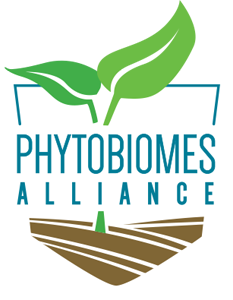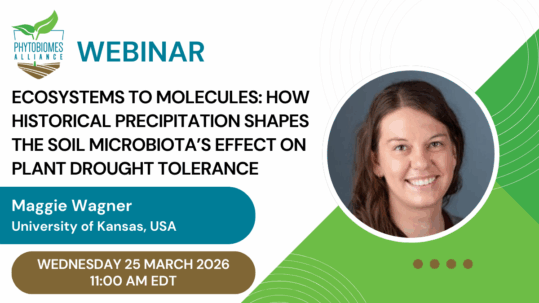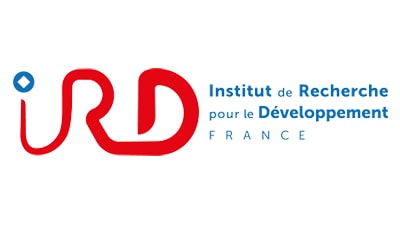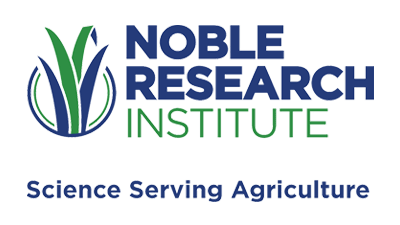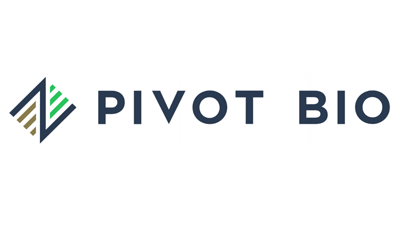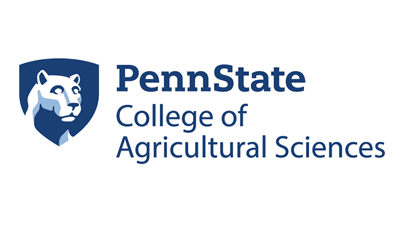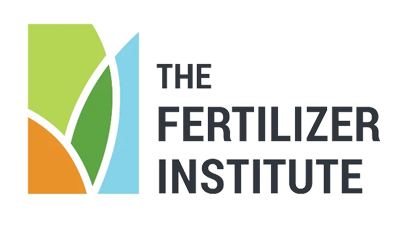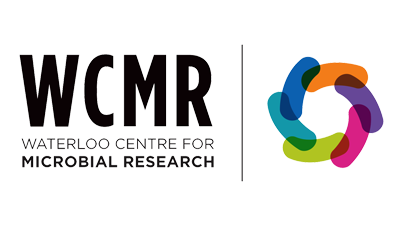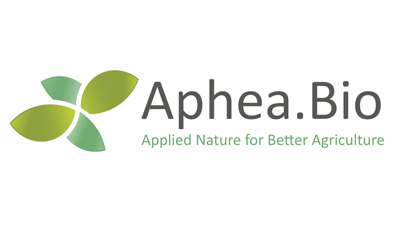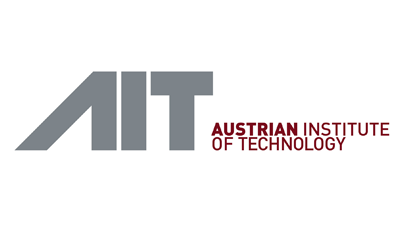Genome-based circumscription and phenotyping of regulated microbes, especially the select agent Ralstonia solanacearum
Rapid and precise identification of putative bacterial pathogens is critically important in protecting U.S. agriculture. This project leverages genome sequencing and genome-based classification to precisely identify select agents and other high risk quarantine pathogens and conclusively distinguish them from non-pathogens and closely related pathogens already present in the United States. While the experimental work is focused on Ralstonia solanacearum (Rs), the employed genome sequence-based approach is expandable to other bacterial pathogens.
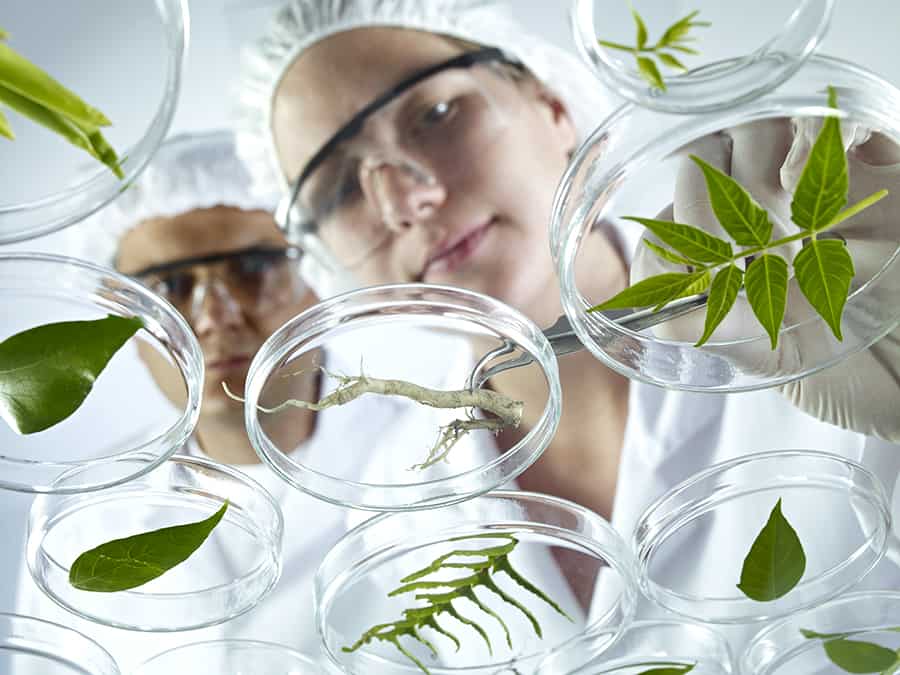
Upcoming Events
Organized by the Alliance
International Phytobiomes Conference 2021
14-17 September 2021 • Denver, CO, USA
The International Phytobiomes Conference 2021 will bring together a broad community of international researchers and scientists from the public and private sector to collectively advance the newly-emerging field of phytobiomes research.




Featured Sponsor
Aphea.Bio
Aphea.Bio was founded in 2017 as a spin-off of the VIB and its partner universities UGent and KU Leuven and has raised about 10 million US$ in funding. The company can count on a solid scientific team of 22 people and strong leadership team with many years of experience in science and business.
Latest News
-
-
Abrinca Genomics Joins the Phytobiomes Alliance
The Phytobiomes Alliance is pleased to announce that Abrinca Genomics has joined the organization as a sponsoring partner. December 08, 2025 News -
Webinar: Ecosystems to molecules: How historical precipitation shapes the soil microbiota’s effect on plant drought tolerance
Drought alters the soil microbiota by selecting for functional traits that preserve fitness in dry conditions. Legacy effects or ecological memory refers to how past stress exposure influences microbiota responses to future environmental challenges. December 08, 2025 News, Webinar -
Webinar: Digging into the Rhizosphere Chemistry: How Plants Engineer their Soil Environment
Plants actively shape their surrounding soil environment through root exudation—the release of thousands of metabolites via their roots. This complex chemical exchange forms the foundation of plant-microbe interactions and significantly drives soil biogeochemistry. November 18, 2025 News, Webinar
